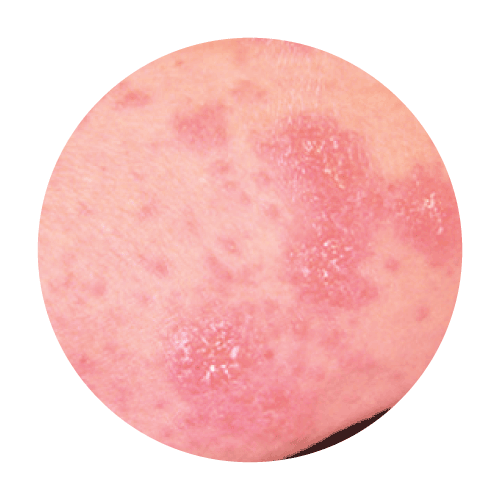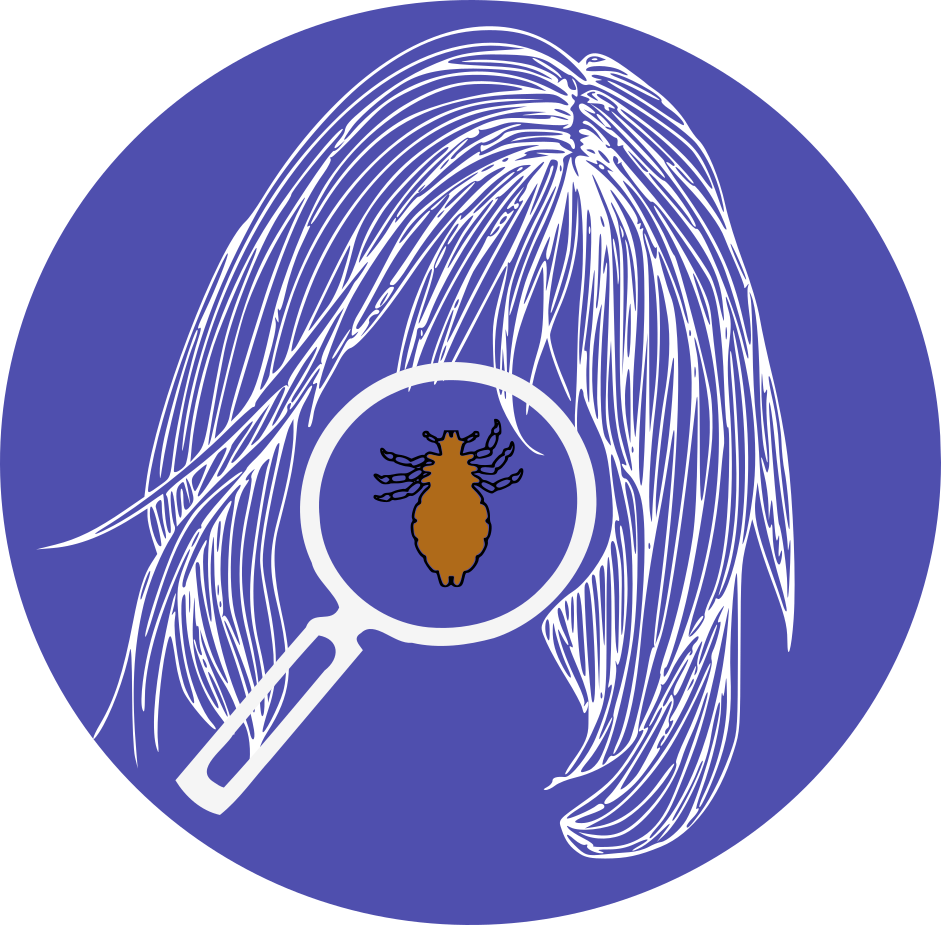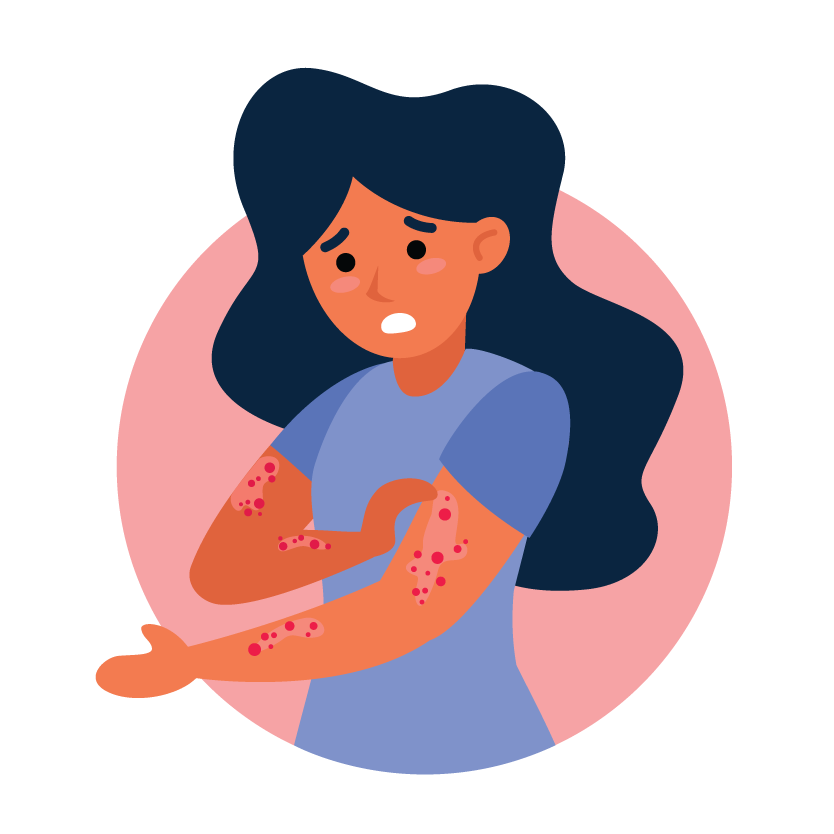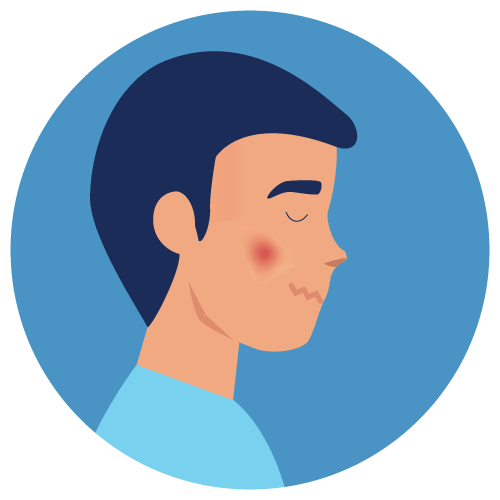| Name | Benzyl Benzoate |
| Classes |
Dermatological/Topical Agent Scabicide |
| Diseases |
Lice Mite Scabies Skin Disorder |
Benzyl Benzoate
Benzyl Benzoate is an acaricide and insecticide used to treat scabies and lice infestations. The exact mechanism of action of benzyl benzoate is not fully understood, but it is believed to work by suffocating and dehydrating the parasites.
The dosage and administration of benzyl benzoate depend on the age and weight of the patient and the severity of the infestation. The medication is usually applied once or twice a day to the affected areas and left on for 24 hours before washing off. Treatment is typically continued for several days until the infestation is eradicated.
The most common adverse reactions associated with benzyl benzoate include-
- skin irritation
- itching
- redness
Rarely, systemic absorption of benzyl benzoate can cause nausea, vomiting, dizziness, and headache.
- Benzyl benzoate should not be used in patients with a known hypersensitivity to benzyl benzoate or its components. It should be used with caution in patients with a history of asthma or other respiratory disorders, as benzyl benzoate can cause respiratory irritation.
- Benzyl benzoate should not be used in infants under 2 months of age, as it can cause toxicity and potentially life-threatening events such as metabolic acidosis, seizures, and encephalopathy.
Contraindication
Benzyl benzoate is contraindicated in patients with a known hypersensitivity to benzyl benzoate or its components.
None known.
Benzyl Benzoate should not be used in infants under 2 months of age.
 Bangla
Bangla English
English



